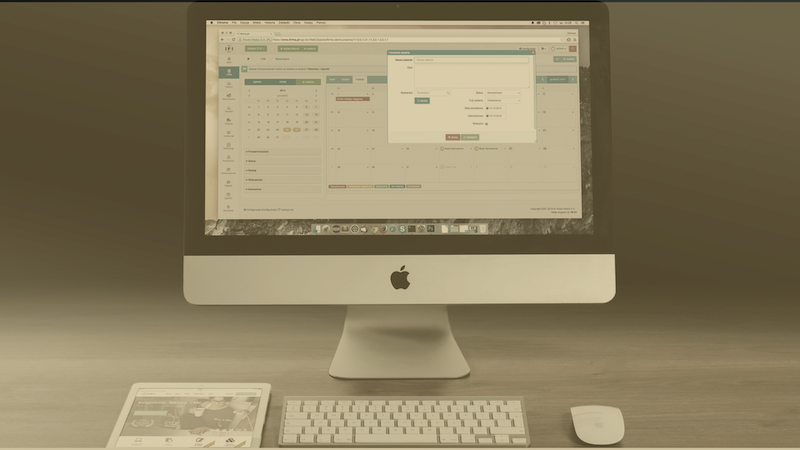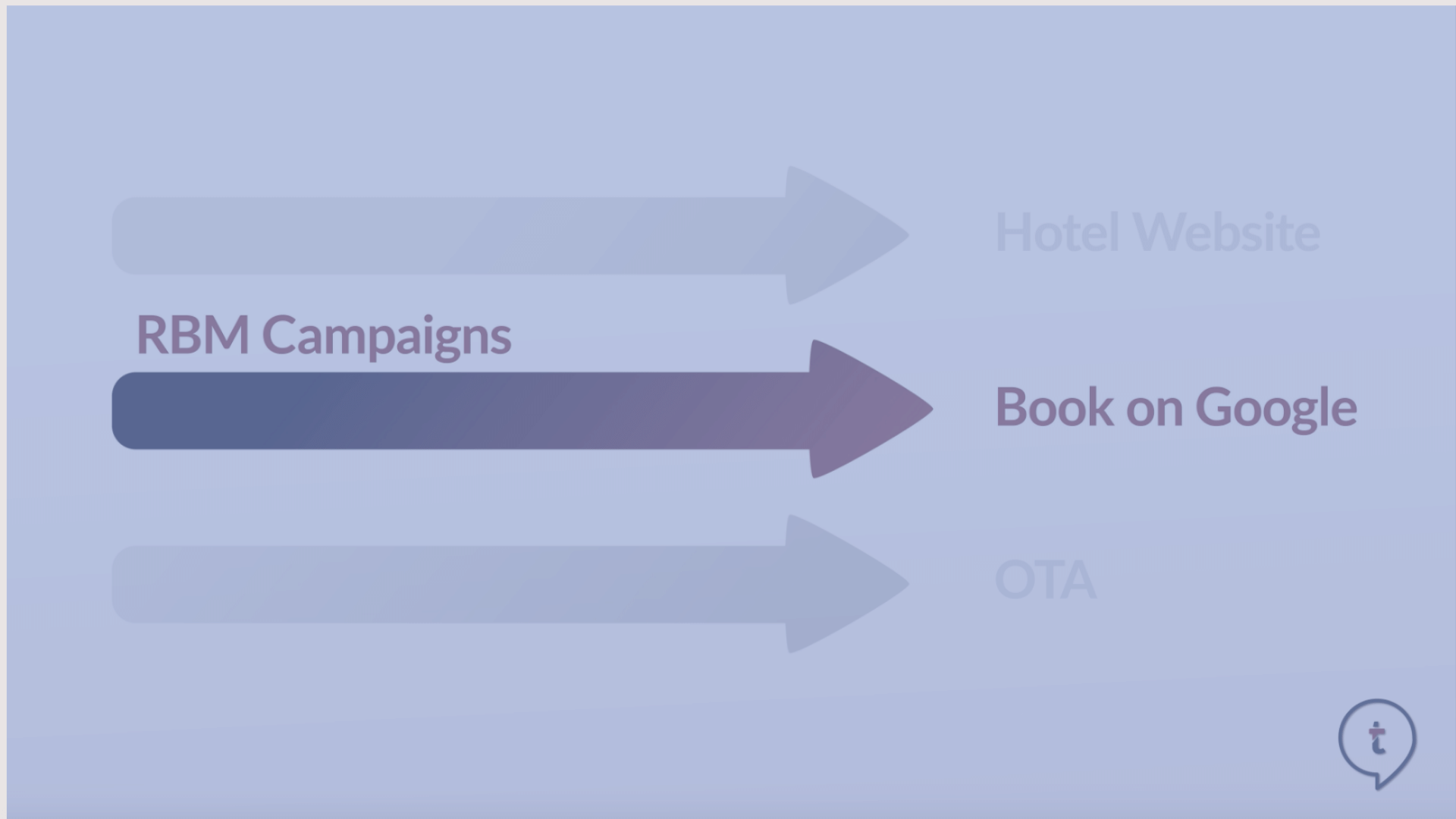One click sometimes is a whole new experience, and nowadays, when hotels struggle for every new client, this click opens a whole new world of opportunities. In the hospitality industry, everybody is discussing the 2022 traveling boom, the post-pandemic challenges in all aspects, and the upcoming uncertain times. This is leading to a great push and focus on the development and improvement of the quality of services according to customer expectations.
According to the Hospitality in 2025 Report (conducted by Oracle and Skift), almost 75 % of hoteliers have said that they are already investing or intend to invest in the next year in contactless, self-service technologies to reduce cost, assist guests and increase the staff efficiency.
“Want-it-now” culture defines the importance of an excellent customer journey throughout every step. Together with the post-pandemic reality, it determines the trends in the must-have functionalities and almost endless opportunities for personalization. Investing in the right technology and resources for the hoteliers is now even more important than ever to receive a platform (a website) full of personalized activities and options just waiting to be clicked and added to the customer’s cart.

What are a state-of-the-art hotel website's key elements and features?
Customize the user experience
There is no single recipe for all hotels; this depends on the kind of customers you are targeting and the kind of services the hotel offers. One of the main elements the hotel website is supposed to offer is a customized user experience while keeping it simple. If we know why someone is coming to the hotel, we should be able to figure out what kind of customization is needed in the booking process.
Capturing the reason the guest is coming to the property and customizing the booking experience is a mandatory feature in any modern hotel website
For example, Sciant recently worked on a project for one hotel chain where they sell not only rooms but also offer holiday breaks that include various services, and they have many activities that can be clubbed during the stay. All these packages can be modified based on individual user preferences. The requirements were unique - the end result should be a website with functionalities where you can create individual custom breaks, which are a combination of things like three-course dining, live shows and music, pools, spa, golf, and other activities (archery, cycling, high tea, etc.)
Key driving factors in achieving a compelling user experience
- Ease of use
- Customization of the shopping process
- Upselling packages
- Usage of historical data regarding guest preferences
How to drive on-site conversion
It’s essential that hotel website design provides the same sense of welcome to the property; in most cases, this is the first impression you leave on your guest. The booking process must be sleek, highlight the benefits of booking directly, and provide the right message and product to the customer to increase on-site conversions. It is important to have a good organization, classy design, and an excellent user experience. In other words - show your competitive advantages in the best possible way and make the customer desire your product.
Important factors to consider for a Hotel Website Design
- Load time and speed of the page
- Gender-neutral design and inclusive language
- Distinct calls to action
- Clarify how to contact a live customer service representative if needed
- Easy navigation, easy and fast booking. Include a progress bar, so users know it won’t take long
- Keep the number of pages to a minimum
- Ability to compare and contrast rates and rooms (Best Rate Guarantee!)
- Streamline and speed up the booking process
Technical considerations for building a new Hotel Website
One of the main things we feel is important for a hotel website is a proper consideration of UBA (User Behavior Analytics). User behavior on your website can surely improve customer experience.
When you want an answer to pressing business questions such as "Why are people coming to my website?" or "Why are they leaving?" traditional analytics alone can tell you that quantitative activity is happening but can't give you any of the 'whys.'
That's where User Behavior Analytics (UBA) comes in, with tools that help you get a complete picture of user behavior. To get a complete picture of user behavior, you have to be strategic about the user behavior data you collect and use it to understand three key things about your users:
- The DRIVERS that bring them to your website
- The BARRIERS that might stop them or make them leave
- The HOOKS that persuade them to convert
What trends and developments to consider
Technology is changing not only hospitality but the whole world every day. Trying to be up-to-date with it means that you are already late. Be innovative but not blinded by the trends. Many things are already done in terms of Reservations and Revenue management that work well, e.g. upselling systems, real time price check, guest service management tools, RMS systems etc.

Integration of different systems
Guests nowadays expect a smooth and rich booking experience with your hotel website, where it’s an adaptive design that works seamlessly on mobiles, tablets, and different screen resolutions. Still, they also expect the hotel website to offer customization of their stay, where they can manage the guest experience without having to speak or email the hotel staff.
Many products in the market offer this kind of solution, but having those systems directly connected to the booking engine and having the guest use a single platform to manage this, whether it’s the hotel website or the hotel app, is a must nowadays. Their objective is to ensure there is no redirection to various systems and users don't have to go and click on different screens to fulfill the needs of managing their own stay. There is a possibility that hotels might not get a perfect partner to offer such integration service as their process and needs might be custom, and any of the existing products do not support it.
Platform as a Service (PaaS) Services, like for example Sciants Managed Interface Services platform (MIS), solve the issue of integrating the various systems in hospitality.
Such services are technology and platform agnostic, based on stock cloud services such as Amazon’s Application Programming Interface (API) Gateway, Cloudwatch and DynamoDB (or Azure API Management services, Monitor, and Cosmos DB), tying them together with tailored custom integrations that the individual customer owns. The code is developed in Java, .NET, Python and PHP. Sciant’s MIS for example serves as a connector and translator between the Property Management System (PMS) and services like Revenue Management Systems (RMS), systems for Customer Relationship Management (CRM), Points of Sale (POS), etc.
Through one core component that orchestrates and integrates all essential hotel systems and enables more accessible communication from the consumer side, “your guest,” it increases guest satisfaction and allows the hotel to upsell and generate more revenue from the guest. We recommend hotels partner with some of the hospitality partners offering these services or even build their own custom user experience journey, resulting in a good revenue generation model.
What aspects to consider for creating a successful Direct Distribution Strategy
When setting a successful strategy is essential to define the target audience properly. Defining it in the best way will guarantee that the strategy will be applicable and successful. The second is to have a clear and accountable goal. And last but not least - use the available technology to your advantage. Keep it simple!
About the Author
Shafquat Khan, VP Travel & Hospitality at Sciant

Shafquat is a Senior technocrat with over 20 years of experience in conceiving the complete product roadmap; SME for the entire Product Life cycle Management from concept to phasing out of the product(s) across all products/product lines in the Travel / Hospitality industry with an experience in developing the strategy & roadmap for organizational expansion.
Connect with Shafquat on LinkedIn.
Sciant is a Contributing Member at Techtalk.travel
Also make sure to find these supporting content elements of the editorial Hotel Website & Direct Distribution
- ARTICLE | 10 Key Elements Of A Good Hotel Website & Direct Distribution Strategy
- ARTICLE | Hotel Website: How To Leverage Personalization Tactics To Increase Direct Bookings
- PODCAST | Hotel Website & Direct Distribution
- INFOGRAPHIC | The Booking - Guest Journey
- VIDEO | Hotel Website & Direct Distribution





![V03: The History of Hotel & Travel Technology | [Updated] Infographic](https://techtalk.travel/storage/app/uploads/public/63f/e6f/ec8/63fe6fec80447817849943.jpg)



Create an account to access the content.
Get access to Articles, Video's, Podcasts, Think Tanks, Infographics and more.
Click “Sign In” to accept our
Terms of Service Privacy Policy